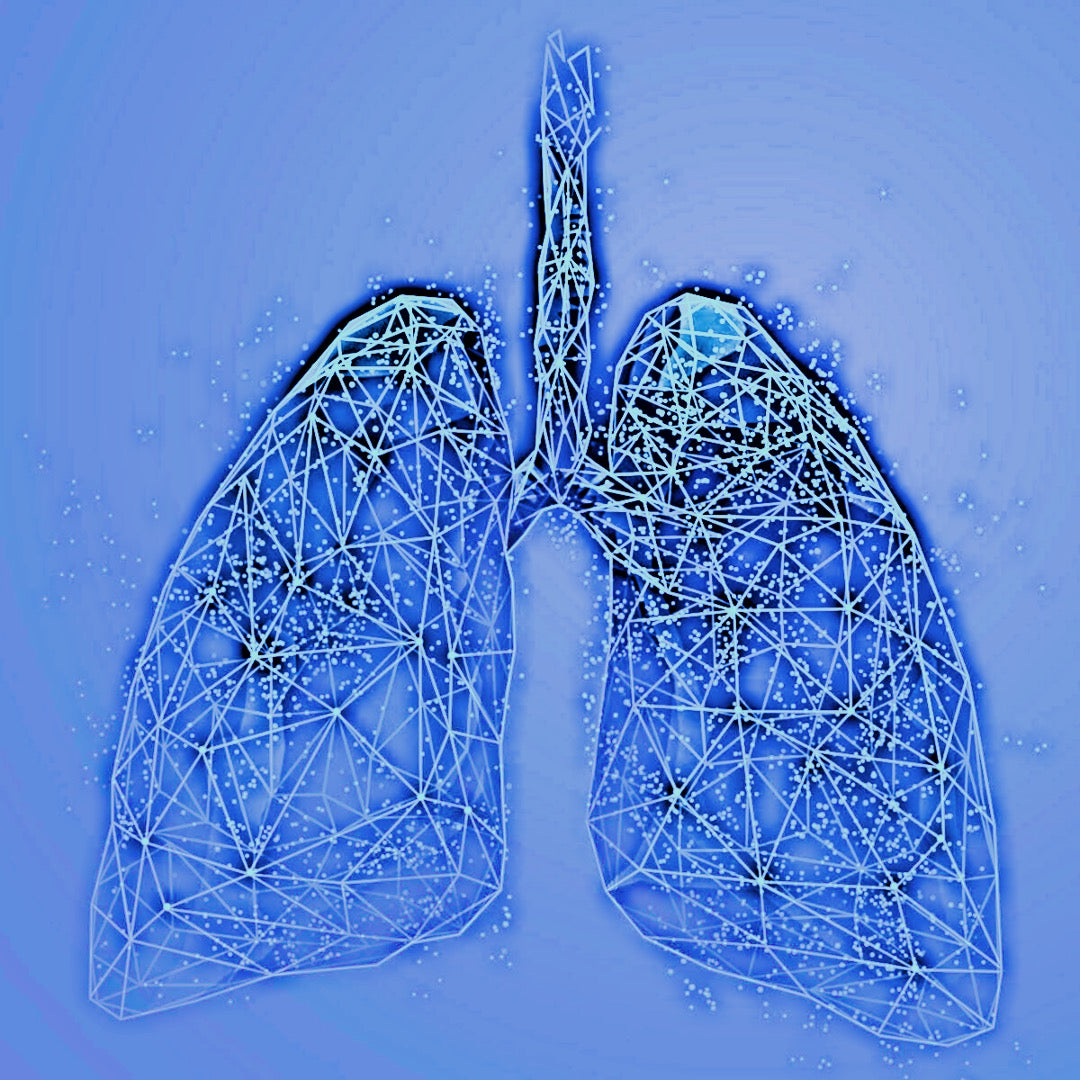
Should I get tested for Lung Cancer? Lung Cancer screening
Share
Lung Cancer Screening for People with COPD
Table of Contents
Who Needs Screening for Lung Cancer?
Smoking is a common risk factor for developing COPD and significantly increases the chances of lung cancer. Nine out of ten lung cancers are associated with smoking. If you have COPD and currently smoke or have smoked in the past, it's important to know when to get tested for lung cancer and advocate for your health.
Screening tests are designed to detect cancer in its early stages when it's easier to treat. Early diagnosis of lung cancer is crucial for successful treatment. Major medical societies recommend lung cancer screening for high-risk individuals.
What Are Pack Years?
A pack-year is a way to assess how much a person has smoked in their lifetime. To calculate it, multiply the number of packs of cigarettes smoked per day by the number of years the person smoked. For example, if someone smoked one pack a day for 20 years, they have 20 pack-years.
How Lung Cancer Screening Works
The United States Preventive Services Task Force (USPSTF) recommends annual screening for high-risk individuals using a low-radiation CT scan of the chest. A chest X-ray is not sufficient for detecting small lung cancers, which is why CT is preferred. The USPSTF guidelines suggest screening for individuals who:
- Are aged 50 to 80 years
- Are current smokers or have quit within the last 15 years
- Have smoked 20 or more pack-years
Benefits and Risks of Screening
Lung cancer screening with a CT scan can help detect abnormal spots or nodules in the lungs early. If any spots are found, they may need further evaluation. Keep in mind that a nodule doesn't always mean cancer. Depending on the characteristics of the nodule, doctors may recommend:
- Repeat CT scans to monitor the spot
- A biopsy via bronchoscopy or CT scan
- Surgery to remove the affected part of the lung
Even if your first CT scan is normal, new spots can develop over time. Continue screening annually as long as you are still eligible.
The Importance of Quitting Smoking
Smoking is the number one reason for developing lung cancer. The best way to reduce your risk of lung cancer and COPD symptoms is to quit smoking. The risk of lung cancer decreases every year after quitting, and within 10 years, the risk is reduced by half compared to someone who continues to smoke.
Quitting smoking not only lowers the risk of lung cancer, but it also improves the symptoms of COPD, reduces flare-ups, and provides numerous benefits to heart, brain, and overall health. Learn more about smoking cessation tips in our blog and video.
Summary Points:
- Screening is important: If you are a current or former smoker with COPD, ask your doctor about lung cancer screening.
- What are pack years: Pack-years assess how much someone has smoked over time, helping determine screening eligibility.
- CT scan for screening: CT scans are more effective than X-rays for detecting lung cancer at an early stage.
- Benefits of quitting: Quitting smoking lowers the risk of lung cancer and COPD flare-ups.
- Continuous monitoring: If your first CT scan is clear, continue screening annually as new spots can develop.
Take Action Now
Speak with your doctor about lung cancer screening and how quitting smoking can benefit your health. Early detection and prevention can make a life-changing difference.
